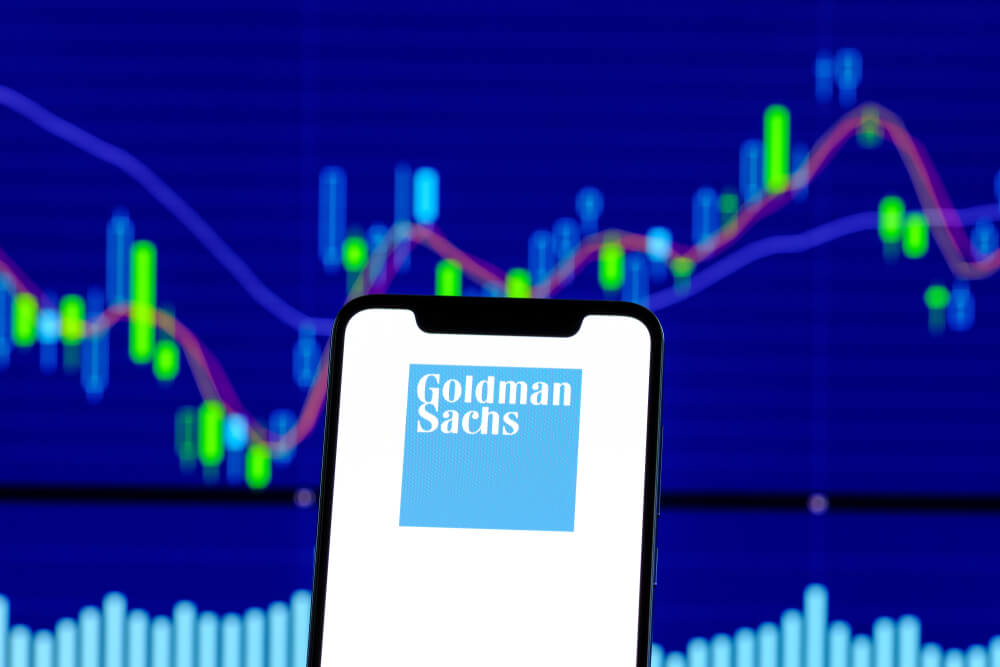Goldman Sachs Chief Global Equity Strategist Peter Oppenheimer had reassuring words for investors in a recent interview, saying the bank feels a recession in the near future is “unlikely,” and stocks will see “slow but moderate growth” the rest of the year.
Oppenheimer appeared on “Bloomberg Surveillance” with Francine Lacqua, who asked what was most at the forefront of investors’ minds: an inverted yield curve, the recently released Fed minutes or trade war concerns with China.
“Well, it’s difficult to pick any one of those — they’re all important, and I think they all relate to concerns that investors have had, particularly at the end of last year about an impending recession,” Oppenheimer said. “Part of that fear of recession reflected the yield curve flattening; part of it was related to trade issues. Those concerns have moderated with the rally that we’ve seen in January — rightly in our view because we think a recession is unlikely.
“But I think people are going to be very, very focused on the hard data as opposed to the survey data, which really sort of led this panic at the end of last year.”
Lacqua then asked how he expects the markets to behave.
“Quite range-bound. I think that what we saw at the end of last year was too much negativity being priced in by investors, predominantly about the fears of a recession, which we think are unlikely,” Oppenheimer said. “In the context of that, finally we saw valuations coming down really quite a lot across all equity markets. And we’ve now seen a rebound back to levels consistent with slow but moderate growth.
“I think the upside for equity markets is capped somewhat because we don’t see valuations really driving higher. And at the same time, profits growth, which is likely to be positive, is also likely to be pretty moderate. So we’re looking at around 6 percent growth in the U.S. this year, around 4 percent Europe and 3 percent across Asia. Positive but moderate, and that’s what really should drive the return.”
